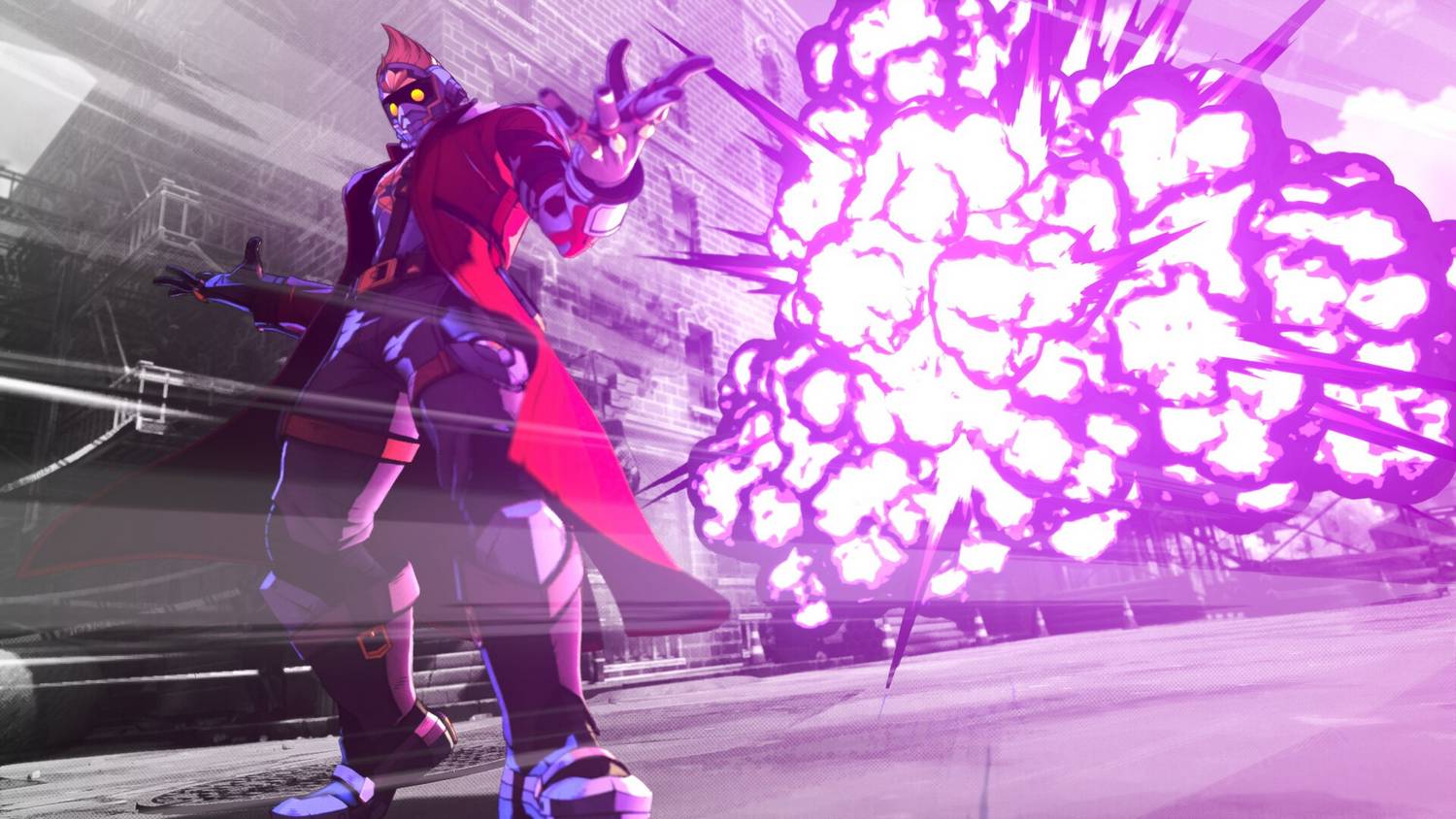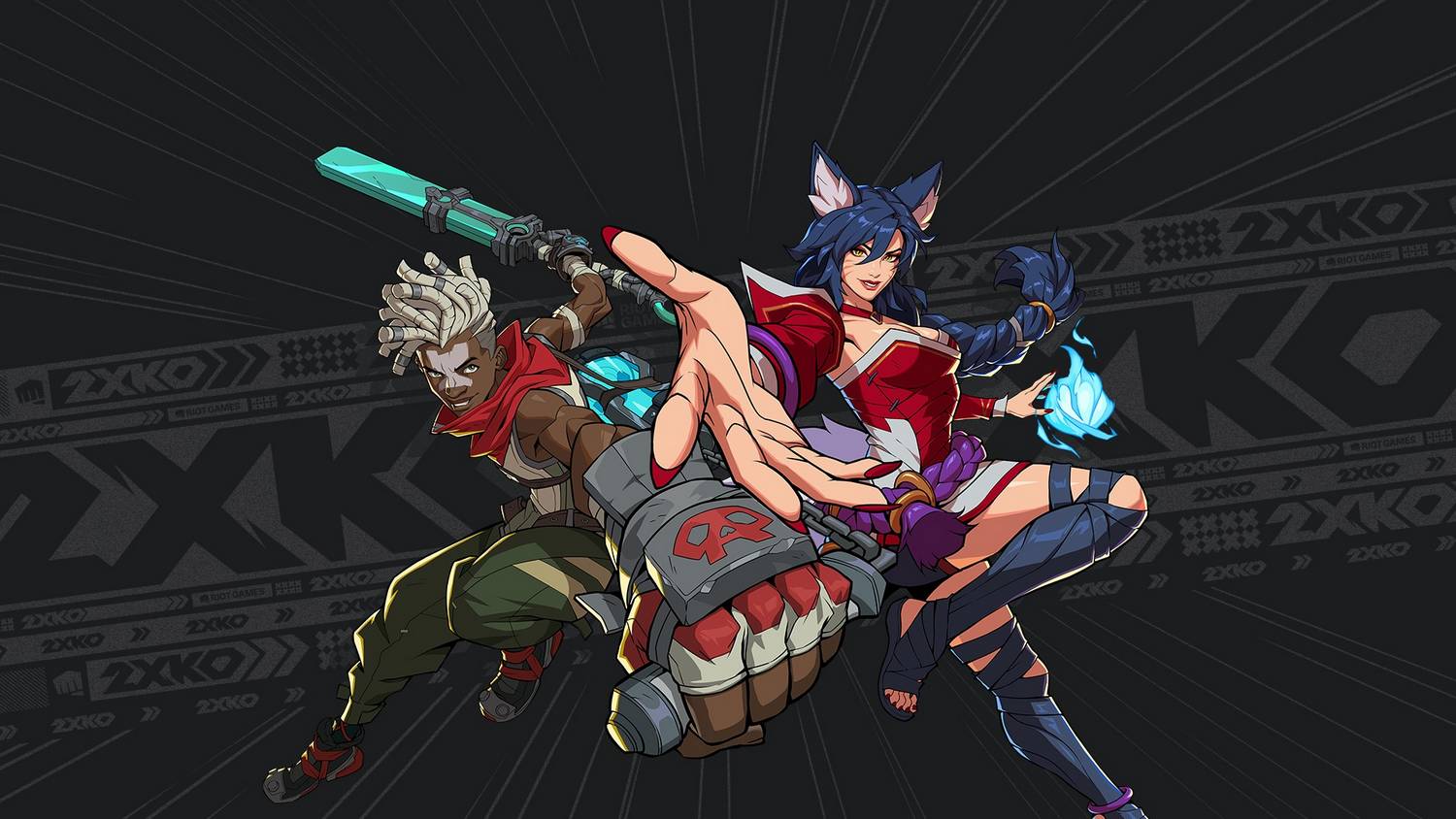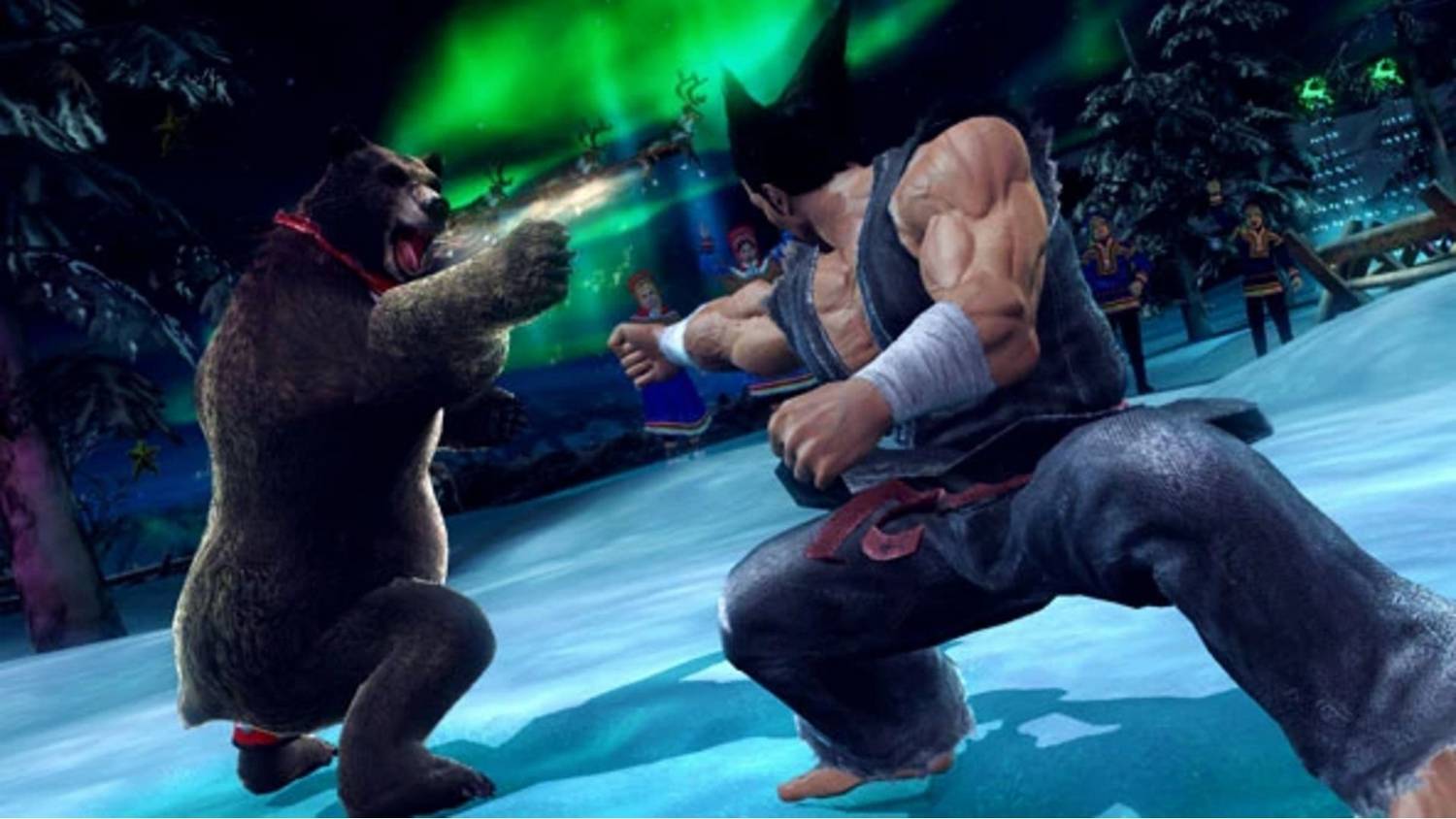A Different Kind of Fight: Why Tekken Won’t Be Joining the Tag Fighter Resurgence
Popular Now
 EA SPORT FC 25
EA SPORT FC 25
 League of Legends
League of Legends
 Roblox
Roblox
 Black Myth: Wukong
Black Myth: Wukong
 Schedule I
Schedule I
 Gacha Club
Gacha Club
 Sonic the Hedgehog™ Classic
Sonic the Hedgehog™ Classic
 Free Fire
Free Fire
 The Legend of Zelda
The Legend of Zelda
 Minecraft
Minecraft 
The fighting game genre is currently experiencing a renaissance, and one of the most exciting trends is the resurgence of the tag fighter. With major titles like Riot Games’ 2XKO, as well as new projects like Marvel Tōkon: Fighting Souls and Hunter x Hunter: Nen Impact on the horizon, the subgenre is seeing a level of attention and innovation not seen since the days of Marvel vs. Capcom 2. However, one of the biggest names in the fighting game world, Tekken, has made it clear that it has no intention of joining the party. In a recent interview, Tekken series director Katsuhiro Harada explained why the franchise will not be returning to its tag tournament roots, citing the sheer “knowledge” required to enjoy a tag fighter as the primary reason.
 The Complexity of 3D Fighters
The Complexity of 3D Fighters
Harada’s reasoning, as always, is both insightful and controversial. In an interview with IGN, he touched on the topic of a new Tekken Tag Tournament game and immediately poured cold water on the idea. Harada explained that a 3D fighter like Tekken is already a complex beast. “Each character has so many moves in a 3D fighter, right, compared to these other games that there’s so much to learn just for one character,” he said. He pointed out that as the series has progressed, each character’s moveset has become more unique, making it even more challenging to master a single fighter. Now, imagine a game where you have to learn two of them. “And then to pair that with two… there’s just so much more knowledge that’s necessary to enjoy the game.”
Harada believes that this level of complexity, while beloved by the “hardcore” audience of games like Tekken Tag Tournament 2, alienates the more casual player base. He’s not wrong. The original Tekken Tag Tournament was released in 1999 when characters shared more of their moves. Today, the roster of Tekken 8 is a sprawling collection of fighters, each with their own unique style and a moveset that numbers in the hundreds. The idea of learning two of them, plus the various tag mechanics and synergies, would be a monumental task for a newcomer. This is a clear contrast to many of the new 2D tag fighters, which are being designed with simplified inputs and a greater focus on accessibility, as seen in 2XKO.
 A Tag Mode, Not a Tag Game
A Tag Mode, Not a Tag Game
While a standalone Tekken Tag Tournament 3 seems to be off the table for the foreseeable future, Harada did offer a glimmer of hope. He suggested that if the tag system were to ever return, it would likely be as “some kind of a separate mode within a normal Tekken franchise.” This is a compromise that many fans have been suggesting for years. It would allow players who want the tag experience to have it, without forcing the entire player base to adapt to the complexity of a tag system. It’s a way for Bandai Namco to scratch the tag itch while keeping the core game focused on the one-on-one, high-stakes combat that has made the series so successful.
Harada’s comments also reflect a larger philosophical difference in game design. While some developers are prioritizing accessibility and a wider audience, Harada remains committed to the idea that Tekken is a game that requires dedication. He is a staunch defender of the one-on-one format, arguing that it forces players to take responsibility for their losses, a mentality he feels is less common in a world of team-based games. The decision to not create a new tag tournament game is a direct reflection of this philosophy. It’s a sign that the Tekken team is doubling down on what they do best and is not afraid to stand apart from the current trends in the genre.
Conclusion: The Legacy of a One-on-One King
The fighting game landscape is a diverse and exciting place, and the resurgence of tag fighters is a testament to the genre’s health and vitality. But for now, Tekken will remain the king of the one-on-one. While fans may be disappointed that they won’t be getting a new Tekken Tag Tournament, Harada’s reasoning is sound. The game’s commitment to complexity and individual mastery is what makes it so unique and rewarding for its dedicated player base. The world of fighting games is big enough for both the fast-paced, high-octane tag battles and the meticulous, strategic one-on-one duels. And for now, Tekken will continue to be the best at what it does, with a singular focus that has made it a legendary franchise.









 The Complexity of 3D Fighters
The Complexity of 3D Fighters A Tag Mode, Not a Tag Game
A Tag Mode, Not a Tag Game